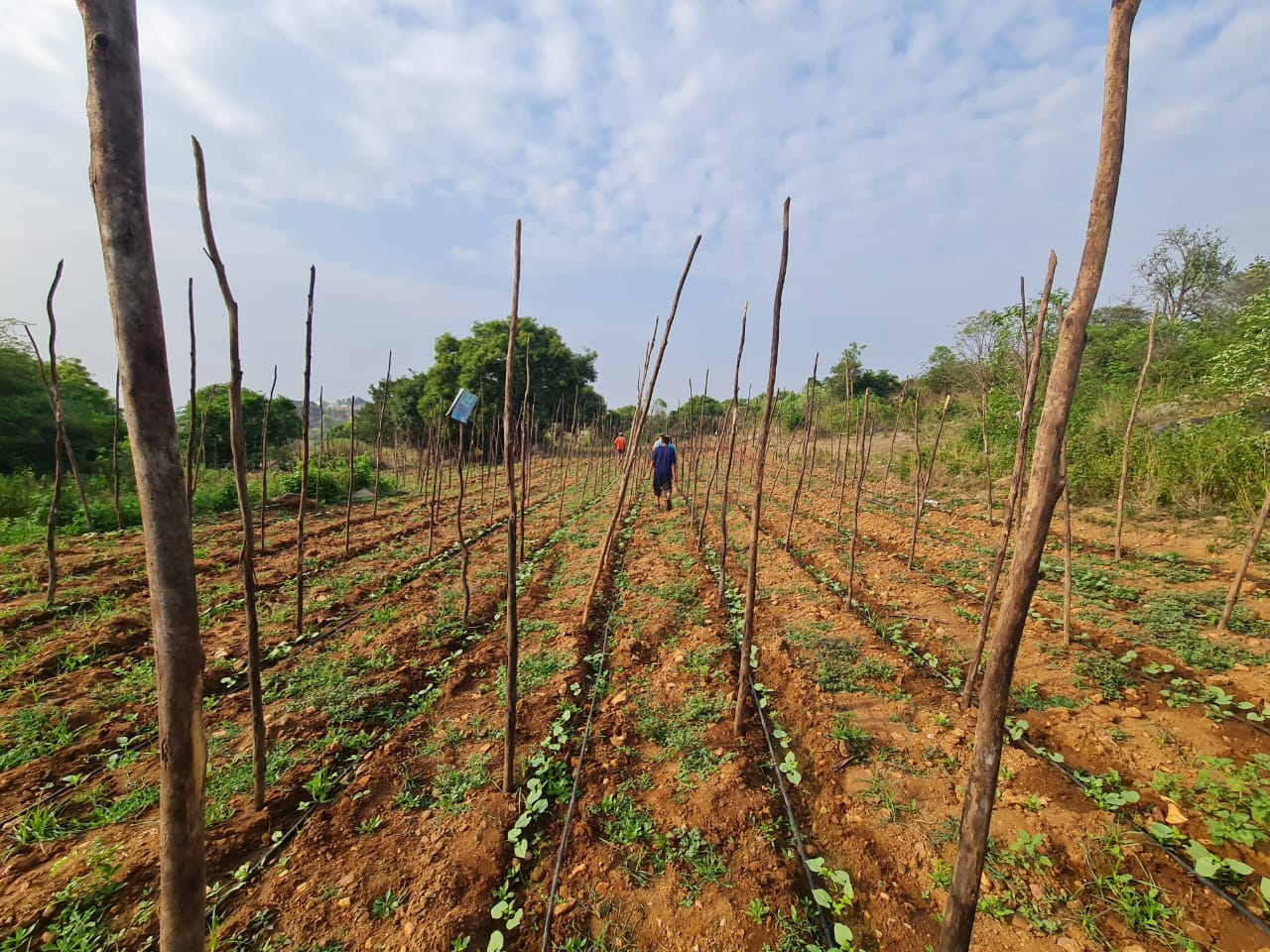Organic farming has become a prominent buzzword in today’s health-conscious world. But what exactly is it, and how does it compare to conventional farming practices? This comprehensive blog delves into the world of organic farming, exploring its advantages and disadvantages with in-depth analysis, relevant data, and trustworthy sources.
Table of Contents
- Introduction to Organic Farming
- Advantages of Organic Farming
- Disadvantages of Organic Farming
- Conclusion
Introduction to Organic Farming
Organic farming is an agricultural system that prioritizes ecological balance and avoids the use of synthetic fertilizers, pesticides, and genetically modified organisms (GMOs). It relies on natural methods like crop rotation, green manure, and biological pest control to maintain soil health and produce.
This holistic approach aims to create a sustainable food system that benefits both consumers and the environment. Let’s explore the key advantages and disadvantages of organic farming in detail.
Advantages of Organic Farming
1. Environmental Sustainability
Reduced Chemical Use: Organic farming minimizes the use of synthetic pesticides and fertilizers, which helps in reducing soil and water pollution. According to a study by the Rodale Institute, organic farming systems use 45% less energy and release 40% fewer carbon emissions than conventional farming.
Soil Health: Organic farming practices, such as crop rotation and the use of organic fertilizers, improve soil structure and fertility. A study published in the Journal of Environmental Quality found that organic farming enhances soil organic matter, which improves water retention and reduces erosion.
2. Biodiversity Conservation
Habitat Preservation: Organic farms tend to support higher levels of biodiversity. The diversity of plants and animals on organic farms is often greater than on conventional farms due to the avoidance of synthetic chemicals and the use of diverse crop species.
Pollinator Protection: Organic farming practices protect pollinators like bees, which are crucial for crop production. The Journal of Applied Ecology reported that organic farms have higher pollinator diversity and abundance compared to conventional farms.
3. Health Benefits
Nutrient-rich produce: Organic crops often have higher levels of certain nutrients. A meta-analysis published in the National Library of Medicine found that organic crops have significantly higher concentrations of antioxidants and lower levels of cadmium and pesticide residues than conventional crops.
Reduced Exposure to Pesticides: Consumers of organic products are less exposed to harmful pesticides. A study highlighted that organic food consumption reduces the risk of exposure to pesticide residues, which are linked to various health issues.
4. Economic Benefits for Farmers
Premium Prices: Organic products typically sell at higher prices, providing better income for farmers. The International Journal of Agricultural Sustainability states that organic farmers can benefit from premium market prices and reduced input costs over time.
Government Subsidies and Support: Many governments offer subsidies and support programs for organic farmers. These incentives can make the transition to organic farming more financially viable.
5. Climate Change Mitigation
Carbon Sequestration: Organic farming practices help sequester carbon in the soil. Research by the FAO shows that organic farming can play a significant role in mitigating climate change by enhancing soil carbon stocks.
Energy Efficiency: Organic farming generally requires less energy than conventional farming. The avoidance of synthetic fertilizers and pesticides reduces the overall energy footprint of farming operations.
Disadvantages of Organic Farming
1. Lower Yields
Yield Gap: Organic farming often produces lower yields compared to conventional farming. A study in Research Gate found that organic yields are, on average, 19-25% lower than conventional yields.
Inconsistent Output: Organic farms may face more significant yield variability due to the reliance on natural processes and reduced use of synthetic inputs.
2. Higher Production Costs
Labor Intensive: Organic farming requires more labor for tasks such as weeding, crop rotation, and pest management. This can increase the cost of production.
Certification Costs: Obtaining organic certification can be expensive and time-consuming. Farmers must adhere to strict standards and undergo regular inspections, which can add to the overall cost.
3. Market Limitations
Limited Market Access: Organic products may not be readily available in all markets, limiting the potential customer base. Access to organic markets can be challenging for small-scale farmers.
Price Sensitivity: Organic products are often more expensive, which can limit consumer demand, especially in price-sensitive markets.
4. Pest and Disease Management
Limited Pest Control Options: Organic farmers have fewer options for pest and disease control. They rely on natural predators, biopesticides, and cultural practices, which may not be as effective as synthetic chemicals.
Increased Risk of Crop Loss: The reliance on natural methods can sometimes result in higher risks of crop loss due to pest infestations and diseases.
5. Transition Period Challenges
Transition Costs: Transitioning from conventional to organic farming involves significant costs and time. During the transition period, farmers may face reduced yields and increased labor costs without the ability to sell their products as organic.
Knowledge and Skills Requirements: Organic farming requires a different set of knowledge and skills. Farmers need to be educated about organic practices, which can be a barrier to transition.
Conclusion
Organic farming offers numerous environmental, health, and economic benefits, making it an attractive option for sustainable agriculture. However, it also presents challenges, including lower yields, higher production costs, and market limitations. The decision to adopt organic farming should be based on carefully considering these advantages and disadvantages.
Incorporating sustainable practices and supporting organic farming can contribute to a healthier planet and population. Future policies and innovations should address the challenges faced by organic farmers and make organic farming more viable and accessible.
At Ecoland Farms, we use sustainable organic farming practices to serve delicious food to our beloved guests. Additionally, we support nearby farmers by sourcing organic vegetables from them when needed. To learn more about our pricing and how you can enjoy a stay at our farm, check out our pricing details here.

